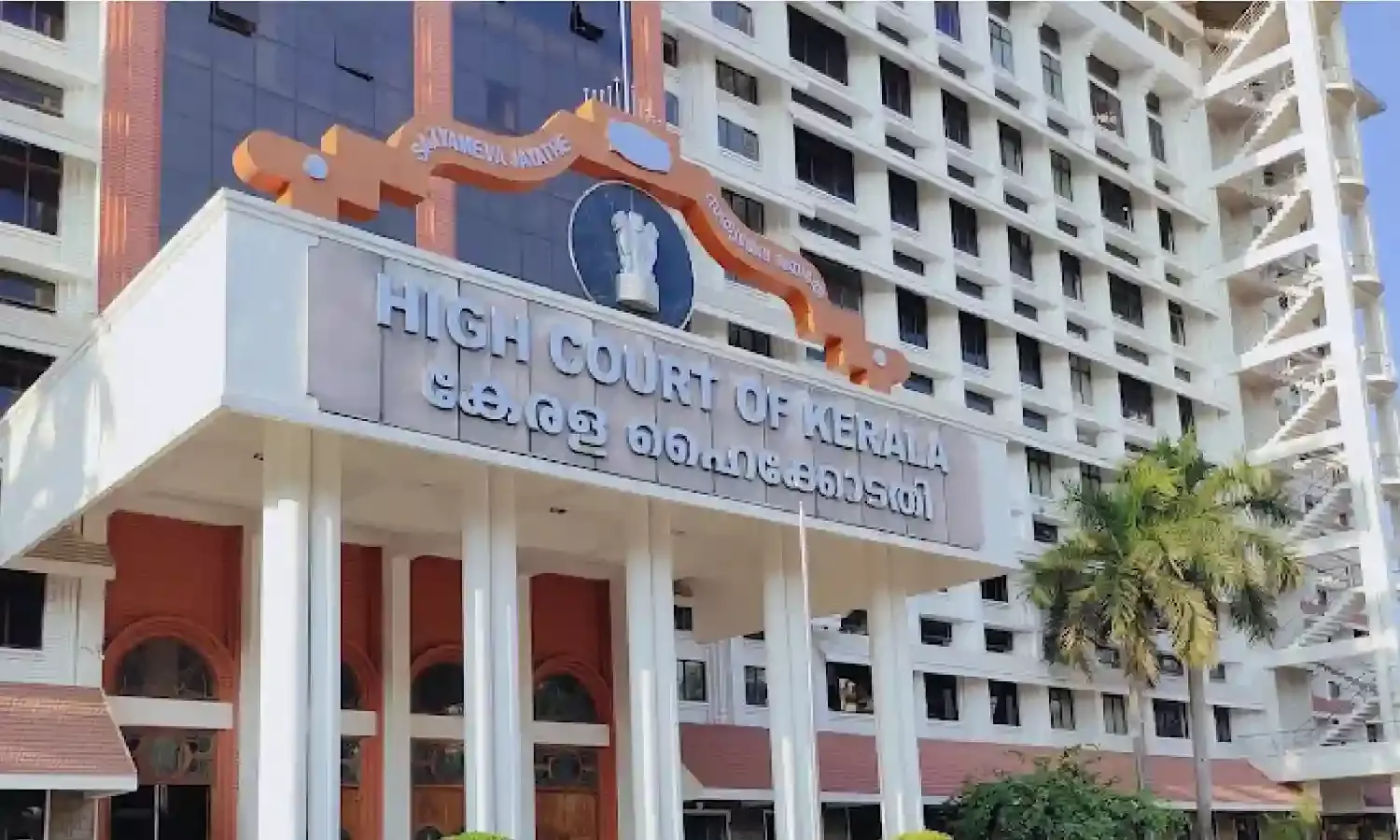Controversial Temple Ritual: Kerala HC Holds That State Can't Interfere With Ritual, Comments On Biased Media Reporting

The Kerala High Court has disposed of the suo moto proceedings initiated by it based on a newspaper report about a ritual, allegedly involving devotees of the Sree Poornathrayeesa Temple in Ernakulam washing the feet of 12 Brahmins as atonement for sins.
the Division Bench of Justice Anil K. Narendran and Justice P. G. Ajithkumar has held that the Cochin Devaswom Board or the State Government cannot interfere with the ritual and that it is the duty of the Cochin Devaswom Board under Section 73A of the to ensure that the regular traditional rites according to practice prevalent in Sree Poornathrayeesa Temple are performed promptly.
"...no interference with the religious rite, namely, 'Panthrandu Namaskaram' performed in Sree Poornathrayeesa Temple, by the Thanthri is legally permissible either by the Cochin Devaswom Board or by the 1st respondent State", the Bench held.
The Board had filed an affidavit stating that pursuant to a meeting with the member of Akhila Thanthri Samajam, it was decided to rename the ritual as "Samaradhana" and that from then onwards "all persons eligible for performing pooja in the temple will be eligible to participate in the ritual".
However, the Bench has held that decision taken by the Cochin Devaswom Board to change the name of the ritual as 'Samaradhana' is legally unsustainable.
"The religious practices and pujas are required to be performed in accordance with the ancient rituals and practices and it is not for Cochin Devaswom Board or the 1st respondent State to interfere with such practices. In that view of the matter, we find that even the decision taken by the Cochin Devaswom Board, as reflected in Annexure R2(B), to change the name of the ritual as 'Samaradhana' is legally unsustainable", the Bench held.
The Court found that the ritual of 'Panthandu Namskaram' in Sree Poornathrayeesa Temple at Thripunithura is a ritual performed in that Temple from time immemorial and that the same is evident from the remedial measures suggested in 'Ashtamangala Prasnam' conducted in the year 1999.
The Court has accepted the contention of the Board in its affidavit that the ritual is performed by the Thantri and not by devotees. The Court found that "The said ritual is one performed by the Thanthri of the Temple, who washes the feet of 12 priests" and that "devotees are not made to wash the feet of 12 Brahmins, as atonement of sins, as stated in the news report that appeared in Kerala Kaumudi daily dated 04.02.2022".
It is in this context that the Court observed that it is the responsibility of the media to ensure that they are not providing the public with information that is factually wrong, biased or simply unverified information. "..it is the duty and responsibility of the media, be it electronic or print, to ensure that they are not providing the public with information that is factually wrong based on unverified information", the Court added.
It is not clear whether the decision of the Board to permit all persons eligible for performing pooja in the temple to participate in the ritual can now be implemented in the light of the Judgment.
Click here to read/download Judgment

